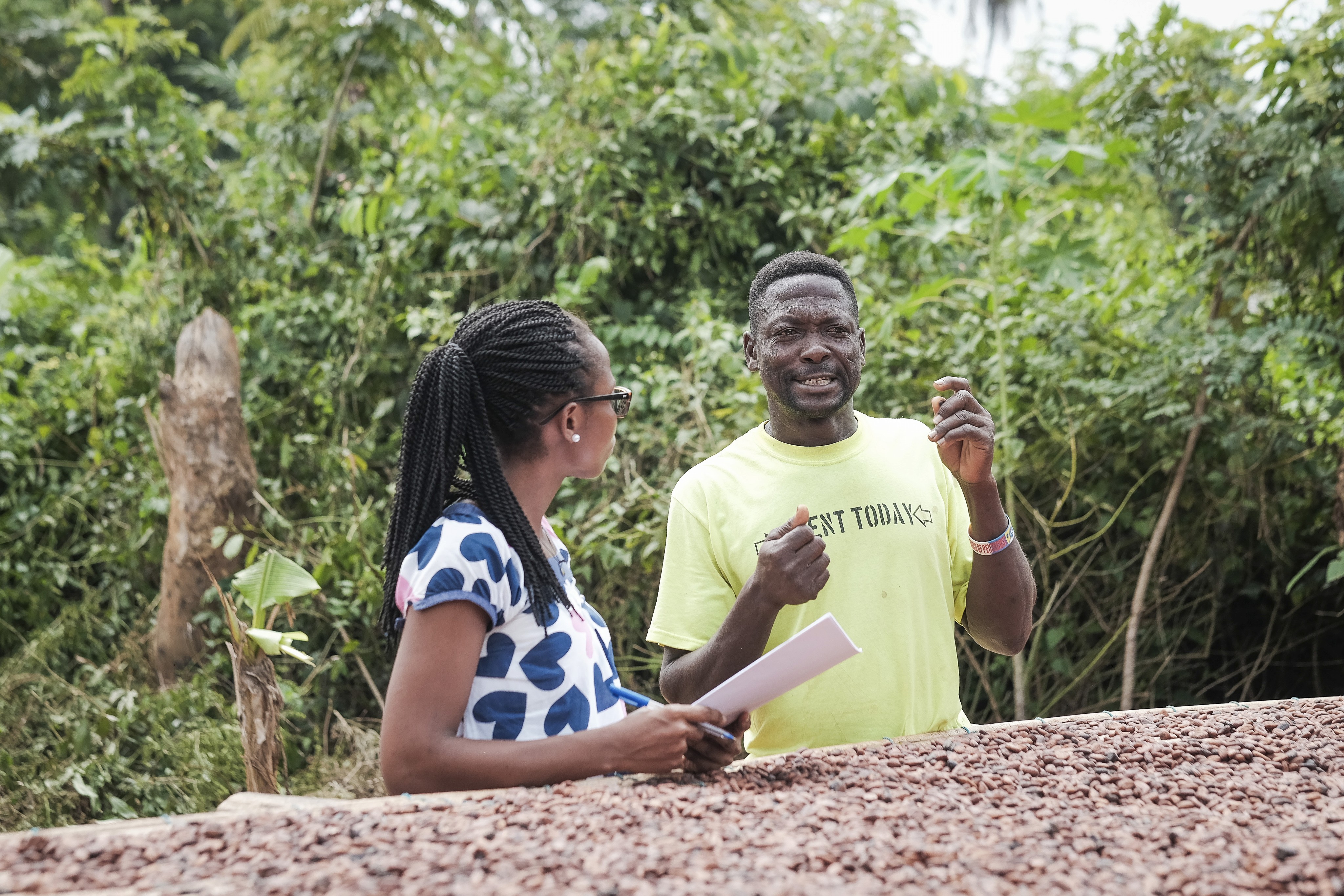Securing Agricultural land rights through bottoM-up solutions
Through our work, we lead the development of inclusive land policies and strong governance systems to empower Ghana's smallholder agricultural land users, ensuring secure and increased access to land rights.
Learn more
The Issue at hand
In Ghana, about 68% of land is used for agriculture, employing 52% of the labor force, with women making up 39% of that workforce.
Unfortunately, there are no effective systems in place to secure rights to agricultural land. This poses a significant threat to the livelihoods of many agricultural households and to the national GDP.
WHY IS THIS IMPORTANT?
Because the impacts are far-reaching
Threats to land access and tenure security for smallholder agriculture affect more than just agricultural households.
These challenges impact the national food supply system, food security, sustainable investments, climate adaptation and mitigation efforts, and the overall economy.
Addressing these threats is crucial for the well-being of agricultural households, promoting local economic development, and transforming the national economy.
How we help
Transform Land Service Delivery of Land
Sector Institutions
We promote institutional reforms for services that secure agricultural land rights.
Educate on Land Rights
We nurture a well-informed agricultural land user community through education and awareness raising.
Advocate for Inclusive
Land Governance
We create spaces for multi-stakeholder participation in inclusive policy processes, policy decisions and policy implementation.
About us
For twenty years, COLANDEF has empowered smallholder land users, women, migrants and other disadvantaged groups at the local level through advocacy and education on land rights. We remain energized and look forward to creating more impact in Ghana's land sector.
Learn more
100+
Educational material and toolkits developed and distributed to agricultural land users in Ghana.
350,000
Agricultural land users educated on the available legal mechanisms and opportunities for securing land rights.
650
Female traditional leaders educated to promote women's land rights in agricultural communities.
30
Farmer cooperatives with over 300,000 members in the cocoa and oil palm value chains trained.
160,000
Women educated and organised into groups as women's land rights advocates.
160
Agricultural districts use our operational manual for registering agricultural land rights.















